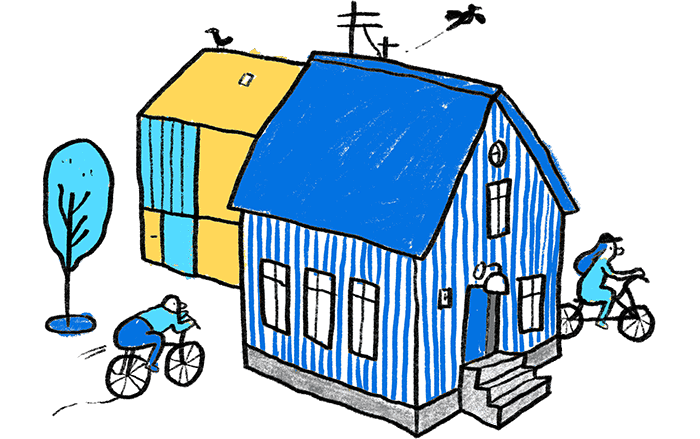Indoor air, moisture, and mold

Reykjavík Public Health provides counseling on moisture and mold in housing.
Moisture problems in buildings
Issues can stem from leaks or humid air condensing due to poor maintenance, construction defects, or occupant behavior. Excess moisture on almost any indoor surface can lead to microbial growth like mold, fungi, and bacteria. It's important to control indoor humidity. If mold appears, address the moisture problem first. Then repair damage and clean thoroughly.
When to contact the public health authority
For rental or other housing considered unsatisfactory for health or deemed unhealthy, check the Environment Agency guidelines on indoor air, moisture, and mold. Review the checklist at the end of the instructions and contact the public health authority per Regulation No. 941/2002 on Hygiene if needed.
When a complaint is received, a health officer assesses if inspection is needed. If so, two officers conduct a pre-arranged visit. The visit includes visual, tactile, and olfactory inspection without disturbing materials or taking samples. The public health authority cannot enter private homes without permission. Note that hourly fees apply for housing inspections.
Rights and obligations of residents, property owners, and landlords
The Act on Multi-Owner Buildings requires owners to maintain their private property at their own expense. The Rental Housing Act states that tenants must treat rented housing with care. It also specifies the required condition of the property, tenants' rights to report defects, and landlords' obligations to make repairs. Renting out residential housing or rooms that pose health risks is prohibited. It's also illegal to rent out housing for residential use without building committee approval. Reykjavík Public Health determines if residential housing is a health hazard and can ban its use.
Reykjavík Public Health
- Borgartún 12, 105 Reykjavík
- Service Center 411 1111